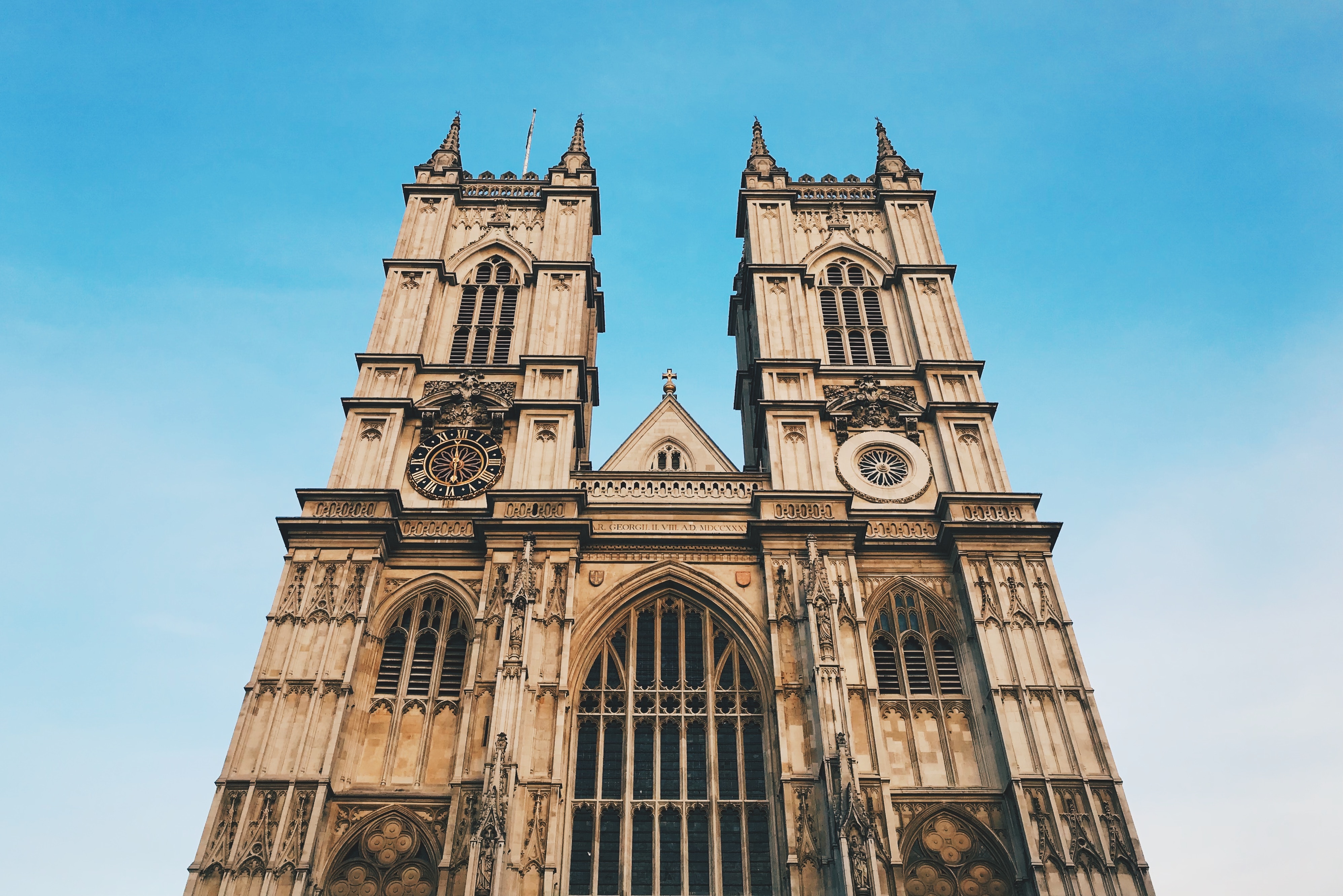
As King Charles III takes the throne, Brandy Joliff Scott, instructor of political science and a specialist in British politics, gave her thoughts on the role of the monarchy in the British system and what the landscape might hold with a new king.
What role does the monarch play in the British system of the government? What powers does the monarch have (and are they still relevant in the 21st century)?
In Britain, the monarch has a limited but central constitutional role. King Charles III is head of state, meaning he embodies the unity, history and tradition of the British state and people. The king plays an important role in British diplomacy by hosting foreign leaders on official state visits, representing the U.K. in state visits abroad, appointing and dismissing government ministers, summoning and dissolving Parliament, giving royal assent to legislation and bestowing royal honors and titles. However, constitutionally the king is obliged to only exercise his duties on the advice of his government. The true governing of the U.K. is done by the democratically elected government, not the king.
How should we expect King Charles III to carry out his role as part of the British political system?
The most likely scenario is that he will follow in the path of his mother, Elizabeth II, and limit his role to that of a politically-neutral head of state who exercises his duties when his government calls him to. Queen Elizabeth II was remarkable in her longevity and her ability to keep her political views private, and during his time as Prince of Wales, Charles III said he also intended to keep to his duties and limit his interference in political affairs once he became king. There is some justified speculation that Charles III could be an activist monarch – we know Charles has spoken on issues such as climate change, poverty and religious tolerance – but I think the most likely case is that he will follow close in his mother’s footsteps.
As a new king takes the throne, how will this impact politics and social life in the United Kingdom?
It’s hard to say. Britain is in the middle of a cost-of-living crisis, so a lavish coronation is not exactly popular at the moment. In a YouGov poll, 62% of respondents said they cared “not very much” or “Not at all.” It’s fair to say that the coronation may have very little impact on politics and social life in the U.K., but we could see change as older generations pass away and if independence movements for Scotland regain momentum.
How will a new king impact partner nations such as the United States?
Because the monarch plays such a limited political role, the relationship between Britain and the U.S. will mostly be determined by the politics and policies of our two countries’ elected governments and relevant issues in world politics. Charles III should be well-positioned to potentially have a positive impact on British-American relations if/when he hosts President Biden or other American presidents on state visits. The more likely effect of the new king on partner nations is on those countries for which he is head of state. Republican sentiment has grown in Australia in particular, and leaders of some of the Caribbean countries in which Charles is king have also recently said they would become republics in the near future—especially Antigua and Barbuda, Belize and Jamaica. Thus, I think we are likely to see this be the most significant effect of Charles’ coronation on the politics of other countries. I am very interested to see and observe his activities in British diplomatic relations in years to come, as this is where my research is focused.
Just as Queen Elizabeth II’s coronation was the first to be televised, King Charles III’s coronation will be the first to be livestreamed on social media and broadcast on over-the-top-media (like Hulu+). What purpose does this ancient ceremony serve, and why should people tune in watch?
It’s all about legitimizing the reign of the monarch and the unity of the British state. The coronation is an ancient ritual, and every coronation of a British or English monarch since 1066 has been in Westminster Abbey. Although the monarch is king or queen as soon as the previous monarch breathes their last breath, monarchs are often not seen as truly legitimate until they are crowned. The coronation is also a deeply religious service, and while Charles has decided to modernize the ceremony by streamlining the guest list and shortening the service, one aspect that remains unchanged is the anointing. While Elizabeth II famously allowed her coronation to be televised, she would not allow the anointing to be shown on TV, and neither will Charles III. This is an interesting tell about the sacred, and still very religious, element of the monarchy that persists in this modern age. For all its pomp and majesty, the monarchy is a critical component of Britishness, but it is also very anathema to a modern, democratic society. Thus ceremonies like this remain powerful but controversial events in British political and social life.
What else is important to know about this coronation and King Charles III?
I do think it will be interesting to see what elements of the coronation ceremony are maintained for the sake of legitimacy and tradition and in what ways Charles’ coronation will be more modern. What most Americans don’t realize is that Britain is one of over 40 countries that still has a monarchy today, and it is one of 12 monarchies in Europe if you include the Vatican. Among the European monarchies, all are constitutional (except the Vatican), meaning that the monarchs in these countries reign rather than rule and play a very limited role in the political life of their otherwise highly democratic countries. However, Britain is the only European country that still hold a coronation ceremony for its monarchy. Nevertheless, representatives of most of these European monarchies, and several others from around the world, will be in attendance at Charles’ coronation. While we don’t have to grapple directly with this question in the United States any more, it does behoove all of us to think critically about what it means to be a functioning democracy in the 21st century, and perhaps the coronation is an opportunity to do just that, for British citizens and for peoples around the world.
